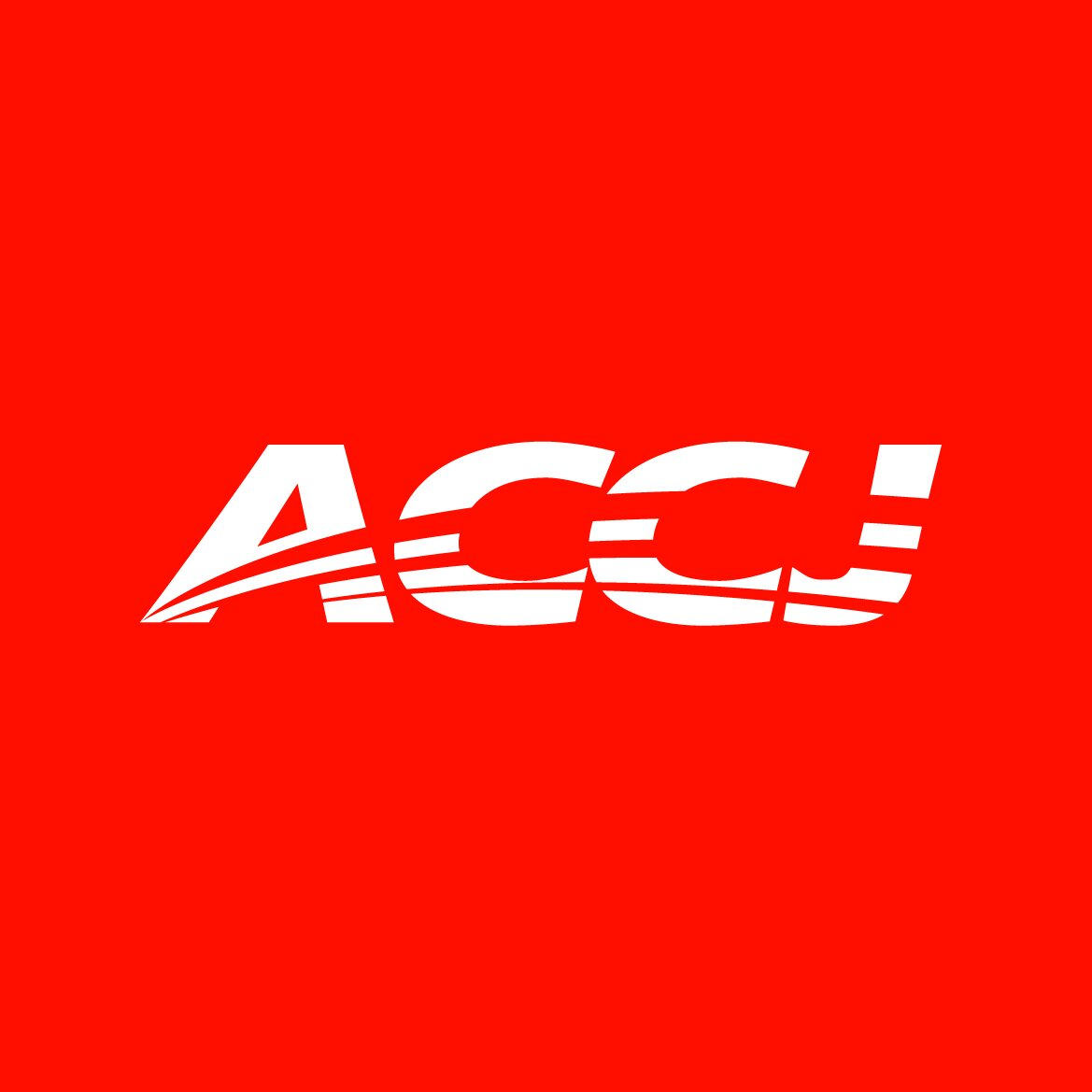CPA and 4IR
What accountants need to know to thrive during the Fourth Industrial Revolution
By Hoang Thi Lien
The term Fourth Industrial Revolution (4IR) was first used in English in 2016 by Klaus Schwab, the founder of the World Economic Forum, inspired by the German “Industrie 4.0,” coined in 2011 at Hannover Messe by Professor Wolfgang Wahlster, director and CEO of the German Research Center for Artificial Intelligence (AI). In his book of the same name, Schwab describes how the 4IR is being ushered in by shifts and trends. These include AI, Big Data, the Internet of Things, blockchain, and machine learning—all of which allow us to automate and gain greater insight from many traditional processes.
The 4IR is bringing great opportunities and challenges to many business sectors, including accounting and auditing. This requires employees to be more knowledgeable about their area of expertise and proficient in languages, as well as to develop soft skills. Here are some key things that certified public accountants (CPAs) need to know to thrive in the years to come.
How is 4IR changing accounting and auditing?
Instead of manually dealing with traditional bookkeeping and auditing tasks, CPAs are learning to use new software and technologies. The benefits are numerous and could improve relationships with clients by:
Reducing repetitive tasks, leaving more time for other work and interaction with clients
Allowing files to be accessed, edited, and controlled from anywhere via cloud-based systems
Providing greater ease, speed, and accuracy when managing client data
Greatly enhancing security and compliance
Equipping CPAs to answer client questions, provide feedback, or give advice instantly
Bringing greater transparency to a client’s financial insights
How might the professions change?
Accountants may leave bookkeeping and stewardship to become strategic business partners. As automation increases, CPAs will need the ability to analyze, interpret, and use the output generated by these technologies to make strategic and operational decisions.
Auditors won’t be left behind in the 4IR. Instead, technology will not only assist in improving the quality of audit performance and data analysis, but also in giving clients better value-added feedback and superior recommendations.
To become a future-proof professional, we need to be flexible and embrace innovation.
How can CPAs adapt to the change?
1. Keep learning
Rapid changes in accounting and auditing practices, as well as in technology, require that individuals continuously learn. As a result, they can achieve their career goals, contribute to the organization, and provide value to clients.
As an international auditing firm, Grant Thornton is taking the lead in utilizing new technology to enhance audit quality and efficiency. Grant Thornton also annually provides training programs to help employees update their knowledge of tax regulations, financial reporting standards, auditing best practices, relevant laws and regulations, and technology.
In my opinion, the 4IR will bring more opportunities for accountants and auditors with international qualifications. Certificates such as those from the Association of Chartered Certified Accountants, CPA Australia, and the American Institute of Certified Public Accountants allow accountants and auditors to maximize their abilities and improve the competitiveness of human resources in the field of accounting and auditing.
2. Think radically
As professionals, we need to be open to profound changes. Research shows that humans and computers working together produce better results than computers alone. Moreover, we need to think about how we are going to take advantage of technology to maximize traits such as skepticism, leadership, teamwork, personal relations, and creativity that are beneficial to auditing and accounting careers.
3. Be adaptable
To remain relevant in an ever-evolving digital world, we must embrace these changes. Therefore, adaptability and agility are considered the most important soft skills for accountants and auditors. These skills play a vital role in ensuring that accountants and auditors can adapt to a changing working environment and to the challenges emerging from evolving business models.
To become a future-proof professional, we need to be flexible and embrace innovation.
Presented in partnership with
Hoang Thi Lien is an audit senior associate at Grant Thornton Vietnam and a secondee to the International Department in the Osaka office of Grant Thornton Japan.
For more information, please contact Grant Thornton Japan at info@jp.gt.com.
THE ACCJ JOURNAL
Vol. 58 Issue 8
A flagship publication of The American Chamber of Commerce in Japan (ACCJ), The ACCJ Journal is a business magazine with a 58-year history.
Christopher Bryan Jones,
Publisher and editor-in-chief
Advertising & Content Partnerships




